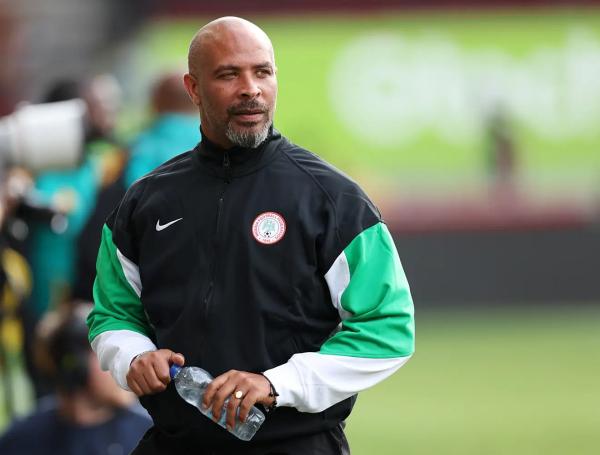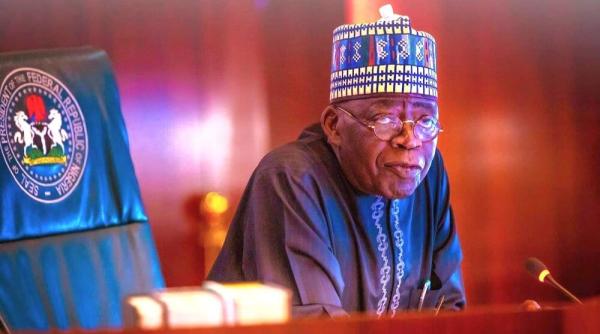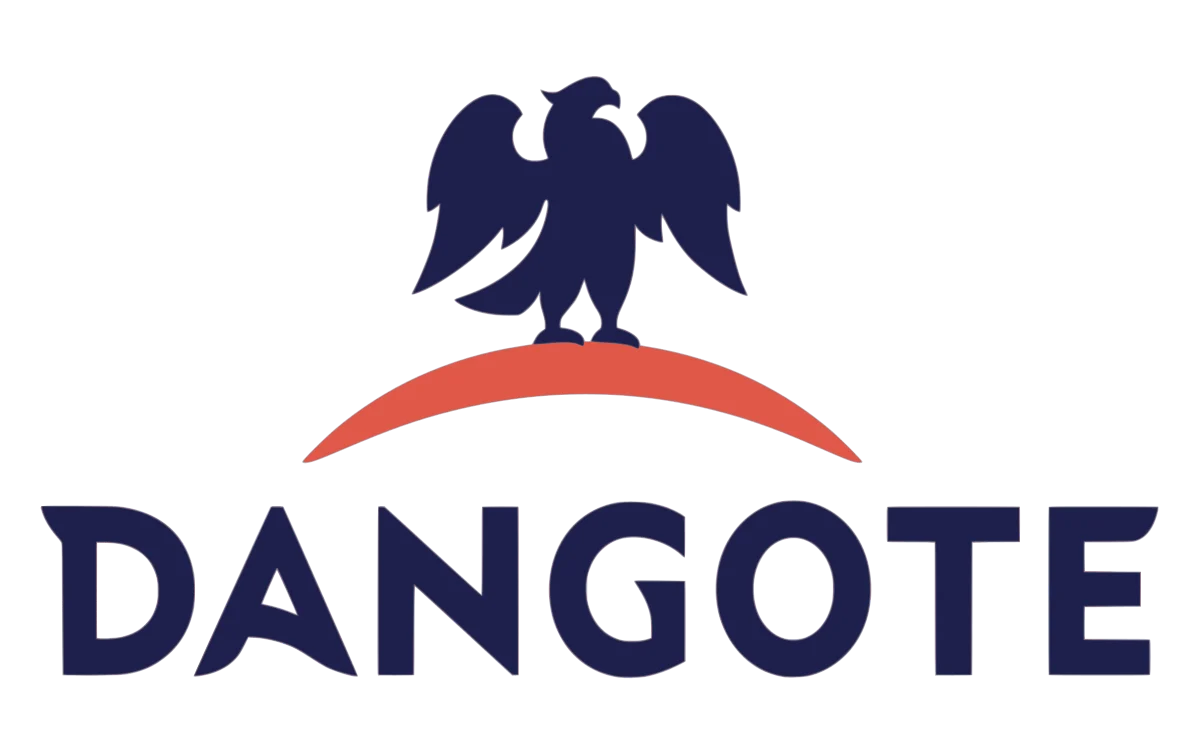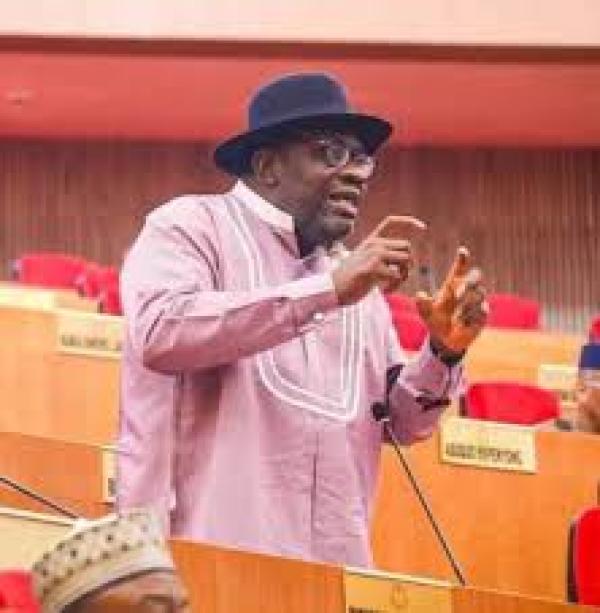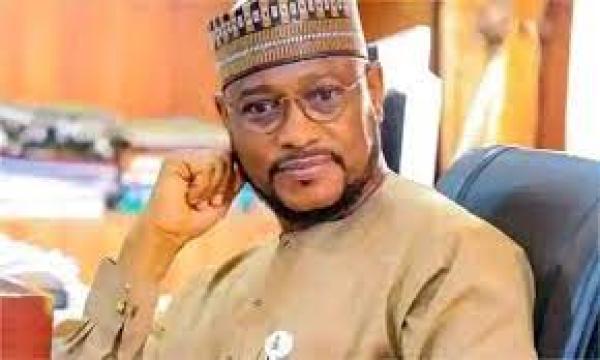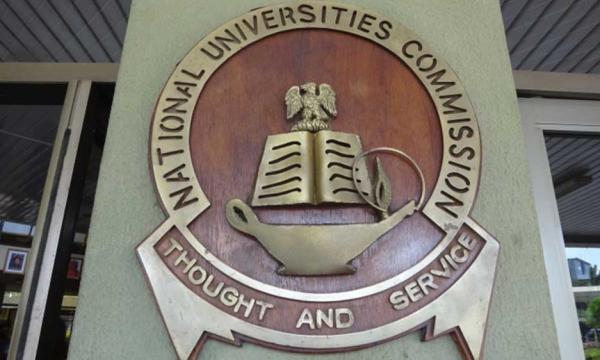
Earlier, a Spaniard infected with Ebola received the treatment but died. There was no update given on the two other Liberians who took doses of the drug.
However, indicative of Nigeria’s further success in the fight against the disease, one of the three persons currently under treatment is set for discharge.
The rare and sought-after drug, ZMapp, can cure Ebola in the United States (U.S.) and not outside it has become a complicated mystery. Two Americans received the untested drug and survived. But a Liberian doctor who was among three Africans to receive it has died.
The Ministry of Health disclosed this late Monday through the Special Assistant to the Minister of Health on Media and Communications, Dan Nwomeh. He said in Abuja that the number of confirmed cases including the index case was now 13.
The 14th case initially announced as positive turned out to be a false positive, he stressed.
“Total number of deaths due to EVD (including the index case) remains five. Total number of EVD patients treated and discharged is five. Total number of EVD patients currently under treatment in the isolation ward is now three,” he stressed.
To control the transmission of the deadly virus, the Federal Road Safety Commission (FRSC) has advised transporters nationwide against overloading their vehicles with passengers.
The foremost road safety agency encouraged passengers of such overloaded vehicles to resist such acts that could expose them to much body contact with others which could subsequently lead to the spread of the disease.
The Corps Marshal and Chief Executive of the FRSC, Boboye Oyeyemi, gave the advice in Abuja during a courtesy call on him by the National Executive Committee, Zonal Officers and State Chairmen of the National Union of Road Transport Workers (NURTW).
He said: “If the vehicles are overloaded, the transmission of the virus can be much faster, overloading is traffic offence but now something, Ebola, has brought it to the front burner.”
Liberian Information Minister, Lewis Brown, told The Associated Press (AFP) yesterday: “Dr. Abraham Borbor was showing signs of improvement but yesterday he took a turn for the worse.” It wasn’t clear if he died late Sunday or yesterday.
Borbor, the deputy chief medical doctor at the country’s largest hospital, had been among three Liberians, and the first Africans, who received the drug, ZMapp.
The current Ebola epidemic, which has killed at least 1,427 people, has focused on Liberia, Guinea and Sierra Leone with several cases also in Nigeria. There is no proven vaccine or cure for the disease that can cause a grisly death with bleeding from the eyes, mouth and ears.
The virus can only be transmitted through direct contact with the bodily fluids of the sick or from touching victims’ bodies, leaving doctors and other health care workers most vulnerable to contracting it.
Only six people in the world are known to have received ZMapp. The small supply is now said to be exhausted, and it is expected to be months before more can be produced by its U.S. maker.
Health experts caution that the drug had never been tested in humans before and it was unclear whether it works. They note there is a huge gap between the treatment the two Americans got at an Atlanta hospital, where five infectious disease experts and 21 nurses provided rigorous care and West Africa, where even such basics as sterile fluids can be in short supply.
Japan said yesterday that it was ready to provide a Japanese-developed anti-influenza drug as a possible treatment for the rapidly expanding Ebola outbreak.
Chief Cabinet Secretary Yoshihide Suga told reporters that Japan could offer favipiravir, developed by a subsidiary of Fujifilm Holdings Corp., at any time at the request of the World Health Organisation (WHO).
Suga said Japan was watching for a decision by WHO that would provide more details on the use of untested drugs. In case of an emergency, Japan may respond to individual requests before any further decision by WHO, he said.
WHO said earlier this month that it was ethical to use untested drugs on Ebola patients given the magnitude of the outbreak.
The drug, developed by Fujifilm subsidiary Toyama Chemical Co. under the brand name Avigan to treat new and re-emerging influenza viruses, was approved by Japan’s health ministry in March. Fujifilm is in talks with the U.S. Food and Drug Administration on clinical testing of the drug in treating Ebola, company spokesman Takao Aoki said.
The company has enough stock of favipiravir for more than 20,000 patients, Aoki said. He said Ebola and influenza viruses were the same type and a similar effect could theoretically be expected for Ebola.
Several drugs are being developed for the treatment of Ebola. They are still in the early stages and there is no proven treatment or vaccine for the often fatal disease.
Favipiravir inhibits viral gene replication within infected cells to prevent propagation, while other anti-viral drugs often are designed to inhibit the release of new viral particles to prevent the spread of infection, the company said.
Besides, the family of a British volunteer nurse repatriated from Sierra Leone after contracting the deadly Ebola virus said yesterday that he was in the best place possible for treatment.
William Pooley, 29, is the first Briton to test positive for the hemorrhagic fever that has killed almost 1,500 people, mostly in Sierra Leone, Liberia and Guinea, in the deadliest outbreak of the disease to date.
Pooley was flown home from West Africa on Sunday in a specially adapted Royal Air Force cargo plane and transported to an isolation unit at the Royal Free Hospital in London.
His family said in a statement: “Will is receiving excellent care at the Royal Free Hospital and we could not ask for him to be in a better place.”They praised the speed at which he was brought home and asked the media to respect their privacy.
“We would like to thank all our family and friends for their best wishes and ask everyone to remember those in other parts of the world suffering with Ebola who do not have access to the same healthcare facilities as will.”
British health officials say strict protective measures have been taken to minimise the risk of transmission while transporting and treating Pooley.
A spokeswoman from Britain’s Department of Health said British officials were trying to locate supplies of experimental therapies being used to treat Ebola but any decision to use them would be made by the clinicians and the patient.
Pooley’s colleagues praised the bravery of the healthcare worker, who was reported to have been a volunteer at a hospice in Sierra Leone’s capital Freetown since March before volunteering at an Ebola centre in Kenema five weeks ago.
Gabriel Madiye, executive director of the Shepherd’s Hospice in Freetown, said the nurse was aware of the risks of dealing with Ebola patients but was determined to help as other medical staff had left, fearful of catching the virus.
“We consider him a hero. Somebody who is sacrificing to provide care in very difficult circumstances - when our own health workers are running away,” Madiye told the British Broadcasting Corporation (BBC.)
The WHO has said more than 225 health workers have fallen ill and nearly 130 have lost their lives to Ebola since the West African outbreak was detected in the jungles of southeast Guinea in March.
It also said yesterday that it had sent protective equipment for medical staff to Democratic Republic of Congo, where authorities have confirmed two cases of Ebola in a remote area.
“The ministry of health has declared an outbreak and we are treating it as such,” WHO spokesman Tarik Jasarevic said in Geneva in response to a query.
Democratic Republic of Congo declared an Ebola outbreak in its northern Equateur province on Sunday after two of eight patients tested for the virus came back positive, Health Minister Felix Kabange Numbi said.
Congolese authorities who went to the remote area found 24 cases of hemorrhagic fever of “unknown origin”, including 13 people that had died, Jasarevic said.
Of these, two have tested positive for Ebola, but other samples taken from suspect cases are being analysed, he said.
Hemorraghic gastroenteritis, malaria and shigellosis have also been identified in the area, he said. At least 70 people have died in northern Democratic Republic of Congo from an outbreak of hemorrhagic gastroenteritis, the WHO said last Thursday, dismissing reports that the illness was Ebola.
Ebola virus, which was discovered in the former Zaire in 1976, is endemic in the area. This is the seventh known outbreak of the deadly disease in the country, according to the WHO.
Two Ebola-related deaths have been confirmed in Congo, the country’s health minister said Sunday, though local officials believe the cases are unrelated to the outbreak in West Africa that has killed more than 1,400 people.
Eight samples were taken from Djera, located in the Boende region of Congo’s northwest Equateur province, and two of them came back positive, Felix Kabange Numbi said on state television Sunday.
Congolese officials believe Ebola has killed 13 people in the region, including five health workers, Kabange said.
He said 11 people were sick and in isolation and that 80 contacts were being traced.
“This epidemic has nothing to do with the one in West Africa,” Kabange said.
This is the seventh outbreak of Ebola in Congo. The disease was first discovered there in 1976.
“The experience acquired during the six previous epidemics of Ebola will contribute to the containing of this illness,” Kabange said.
Boende is the region where the WHO said an outbreak of hemorrhagic gastroenteritis has killed 70 people in recent weeks.
The WHO said last week those deaths were not Ebola-related, but WHO spokesman Gregory Hartl said by email on Sunday that the information was the result of “miscommunication from the field.”
Hartl said on Twitter that samples tested at a national laboratory were positive for Ebola and that the results of confirmation tests from a laboratory in Gabon would likely come back yesterday.
Djera, a collection of villages, is more than 745 miles from Congo’s capital, Kinshasa. It is more than 600 kilometres from the provincial capital, Mbandaka.
Kabange said Djera would be placed under quarantine.
Meanwhile, in a bid to manage the outbreak of Ebola in Liberia, from where a victim, Patrick Sawyer brought it to Nigeria, the United Nations at the weekend landed a cargo plane carrying 68 metric tonnes of health and hygiene supplies in Monrovia.
This is coming as U.S.-based Nigerian scientists warned against drug treatment claims, including those made by top Federal Government officials.
A statement by a top American scientist with U.S. government-owned Atlanta based Centre for Disease Control, CDC, warned that the Nigerian government health officials should avoid making statements and claims that could worsen the Ebola situation in Nigeria and West Africa, especially regarding claims about Nanosilver earlier made by the health minister.
According to Prof. Joe Igietseme, the Nigerian- born senior researcher at the CDC, Nanosilver “has been marketed in various forms, including as an anti-microbial [especially anti-bacterial] and as a dietary supplement (for general wellbeing claims that are unsubstantiated). From the history of the medical use of silver products, it appears that the basis of the medicinal use of nanosilver is unknown beyond the known anti-bacterial property of the bioactive silver ion (Ag ) in the preparations, which has been long supplanted by antibiotics. So there is no basis for Nanosilver to be classified as an experimental drug at this time.”
He added that there were several other health concerns associated with Nonosilver products that raised “concerns of potential health risks... So we should beware of excessive silver intake!”
Another U.S.-based Nigerian born pharmacologist, Prof. Eddy Oparaoji, said the statement by the health minister on Nanosilver “is misleading and disingenuous and could further ridicule Nigeria.”
Oparaoji added that “Nanosilver has been around for centuries and is used as food supplements and does not qualify as an ‘experimental drug’ for Ebola.”
In the statement at the weekend by UNICEF, the UN agency said its shipment to Liberia on Saturday morning was from its UNICEF’s global supply hub in Copenhagen, and “contained basic emergency items for front-line health workers to protect themselves and prevent the spread of infection.”
While the statement did not say whether such shipments would be sent to other West African nations already affected by Ebola, it added that the supplies included 27 metric tonnes of concentrated chlorine for disinfection and water purification and 450,000 pairs of latex gloves. Also on board were supplies of intravenous fluids, oral rehydration salts and ready-to-use therapeutic food to feed patients undergoing treatment.
The medical supplies will be distributed to health facilities nationwide, many of which are critically short of basic health care materials, says the UN. Coupled with a shortage of manpower, this has left thousands of Liberians without access to treatment and essential health care.
By the end of last week, there have been over 1,000 confirmed or suspected cases of Ebola in Liberia, with 613 deaths linked to the outbreak. In part the rapid spread of the disease is due to the country’s weakened health care system, which had been seriously damaged by years of civil war, says the UN.












